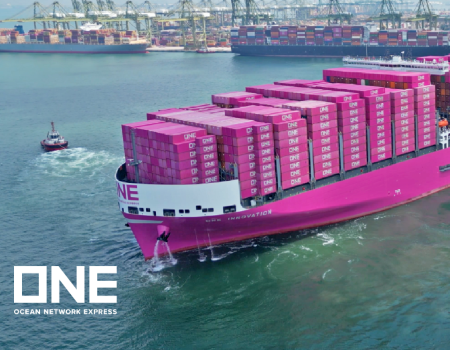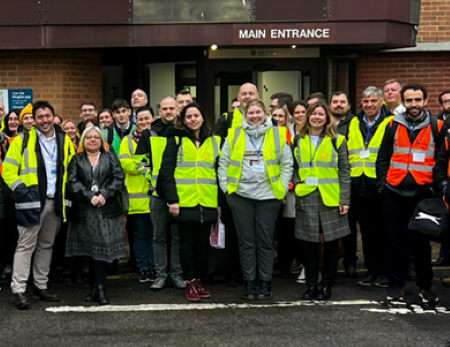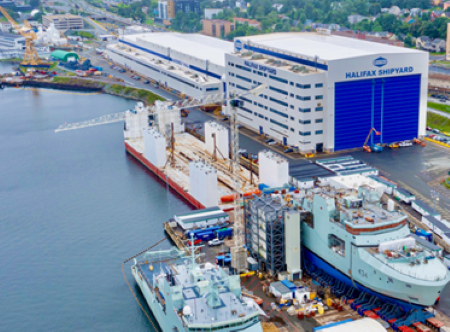CMA-CGM, the world’s third largest refrigerated container carrier and leading shipping service provider on a wide range of South-South routes in particular, will be the third keynote speaker at the Cool Logistics Africa 2014 conference, March 4-6, Cape Town.
Recently appointed in his new post as Managing Director, CMA-CGM South Africa, Estève Servajean will discuss new shipping solutions for the increasingly hard-pressed global fruit and perishable produce shipper communities as they seek to overcome mounting trade barriers.
Before being appointed to his new role, Mr Servajean successfully set up a liner service dedicated to fresh produce, linking Morocco and Europe. He also previously headed up CMA-CGM’s regional office in Sao Paulo (Brazil).
Mr Servajean will be joined by John Purchase, CEO of Agricultural Business Chamber, who will address the ‘growing spaghetti’ of so-called free trade agreements that are in fact not helping, but hindering, African nations from claiming their rightful place at the global food table. With citrus shippers facing a possible extended EU ban due to the fungal disease citrus black spot, plus fears by indigenous South African and Ghanaian poultry producers opposing ‘cheap imports’, perishable logistics service providers will seek to avoid getting caught up in the middle of trade disputes.
As the Southern African fruit sector tries to reduce its exposure to the risks of saturated European markets, the prospect of extending trade routes between emerging economies, dubbed ‘Intra-BRICs’ traffic, should be greeted with considerable interest. Producers and exporters will be keen to harness new market potential in the Middle East, India and the Far East. "In order to provide global coverage more effectively, shipping companies are likely to play up the potential of transhipment to serve these new trades," says Alex von Stempel, Managing Director, Cool Logistics Resources.
CMA-CGM currently tranships 15,000 reefer boxes a month according to Eric Legros, Deputy Vice President Global Reefer Department. "Importers are increasingly sourcing fresh produce from a variety of countries in order to provide consumers with a year round stream of product, independent of factors such as seasonality and currency fluctuations," observes Mr Legros. "The increasing reliability of transhipment services is significantly reducing supply chain risks."
Many shippers would challenge this statement, which is arguably one of the reasons why "conventional reefer shipping will never disappear", as Dawie Ferreira, CEO of Capespan Logistics, will point out at the conference. Mr Ferreira, who is also Managing Director of FPT, is trying to convince shippers that they will always need a second iron in the fire.
According to latest reports, the total reefer market in South Africa grew 12% in 2013 compared with the previous year. Of this, citrus fruit almost accounted half, i.e. about 100,000 TEU. Apples were the next biggest export commodity. Other key produce includes pears, grapes avocadoes and stone fruit. The remainder consists of some fish trade and quite significant frozen poultry imports from Brazil. As Legros explains, however, the main reason for market growth was not increasing citrus exports but rather progressive conversion from conventional shipping to container shipping.
For shippers and carriers alike, port congestion and delays remain one of biggest risks to perishable supply chain efficiency. This, too, will be a key topic of discussion at Cool Logistics Africa this year.
In South Africa, virtually all shipping companies were forced to skip ports calls in Durban last season. Carriers, together with shippers and the Perishable Products Export Control Board (PPECB), will continue to exert pressure on South African port operator Transnet to address the issues. Port infrastructure and persistent skills gap issues are also dogging the development of perishable trades originating from smaller regional ports.
With the impending start of refurbishment work on two container quays in Durban, there are currently hopes that there will be a renewed drive to develop the Maputo Corridor. This will benefit in particular growers and exporters in Gauteng and the Mpumalanga region. However, observers point out that for a long-term shift towards exporting fruit from South Africa via less congested Mozambique, ports such Maputo and Nacala will have to become more reliable. CMA-CGM recently started a coastal service calling at five ports in Mozambique: Beira, Nacala, Maputo, Quelimane and Pemba.
Cool Logistics Africa returns to Cape Town for the 3rd year in 2014 under the headline theme "Integrating global and regional perishable supply chains." The event includes a 2-day business conference and 1-day practical workshop on technical and operations issues. The full programme and list of participating speakers and delegate companies can be viewed at www.coollogisticsafrica.com
3rd Cool Logistics Africa
4 – 6 March 2014
Vineyard Hotel and Spa, Cape Town
South Africa







